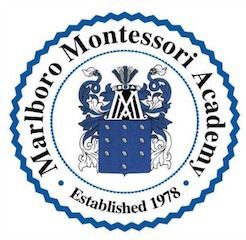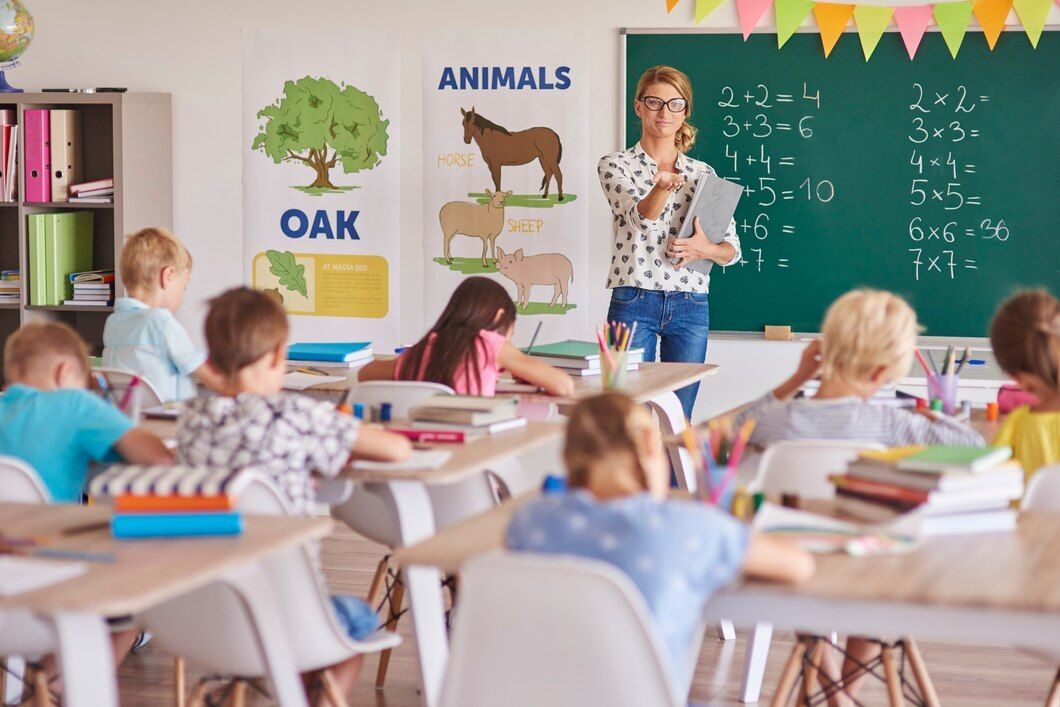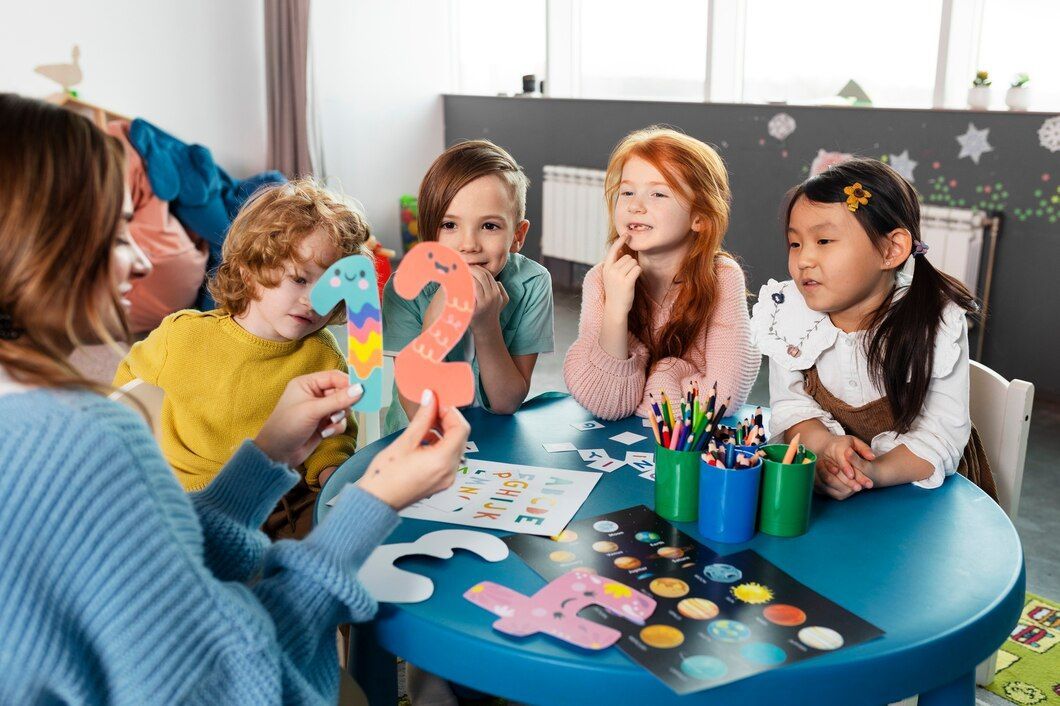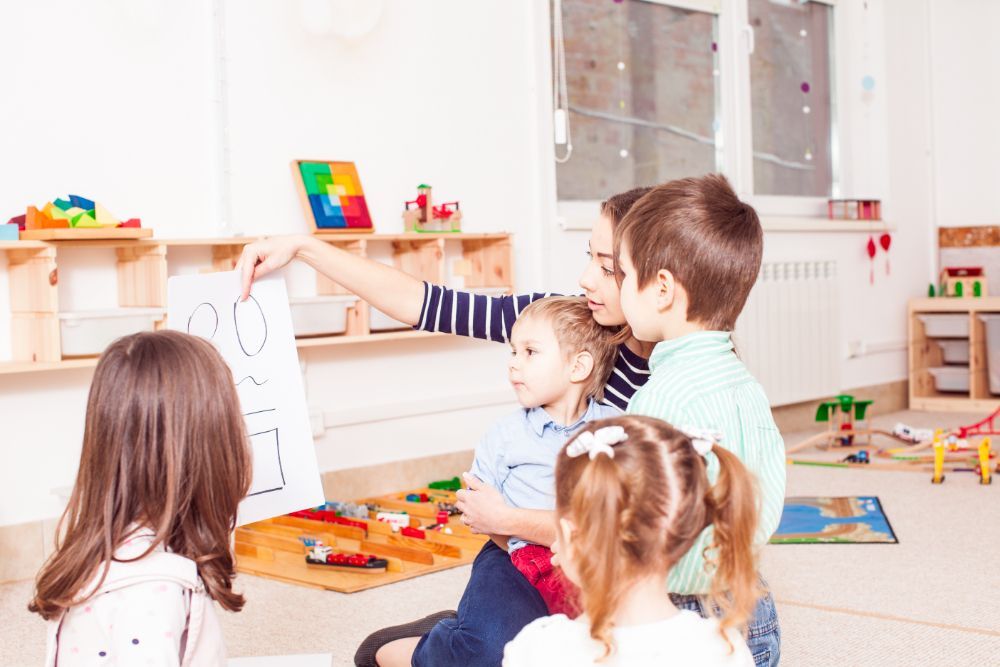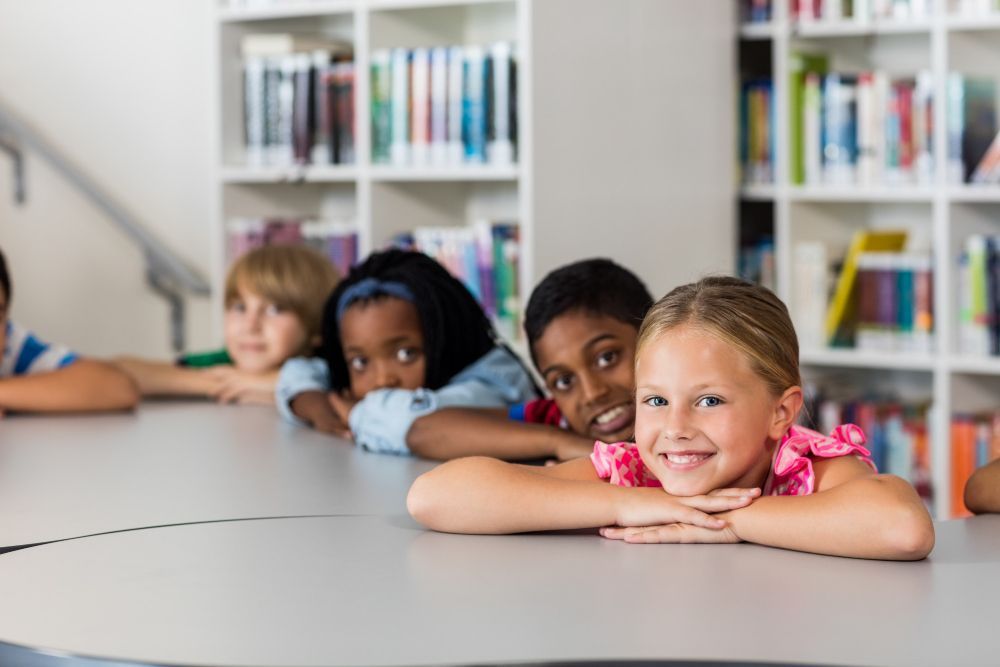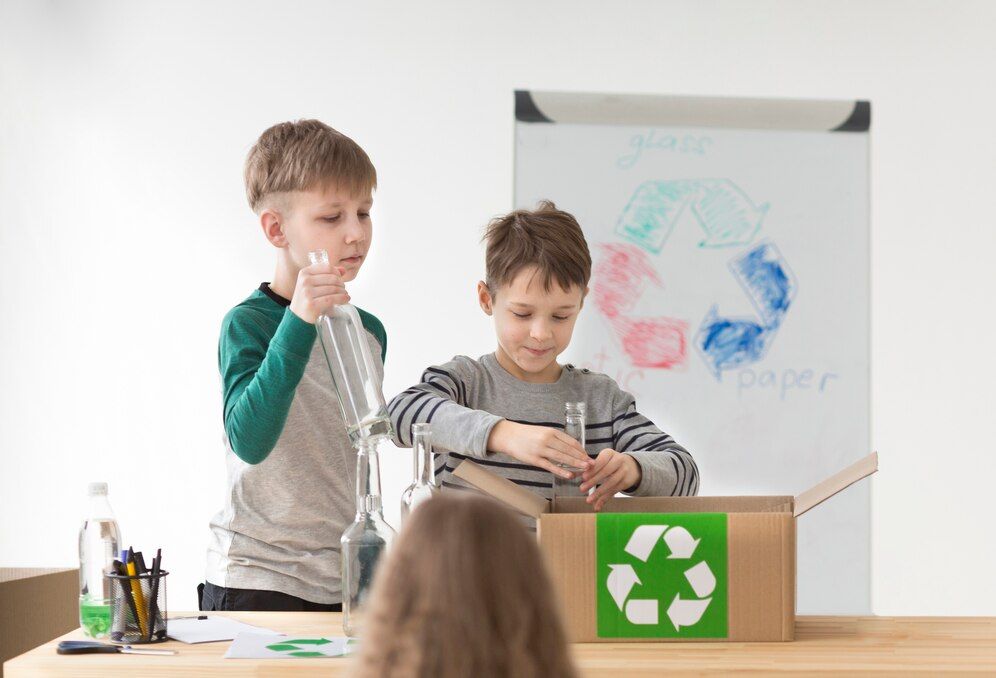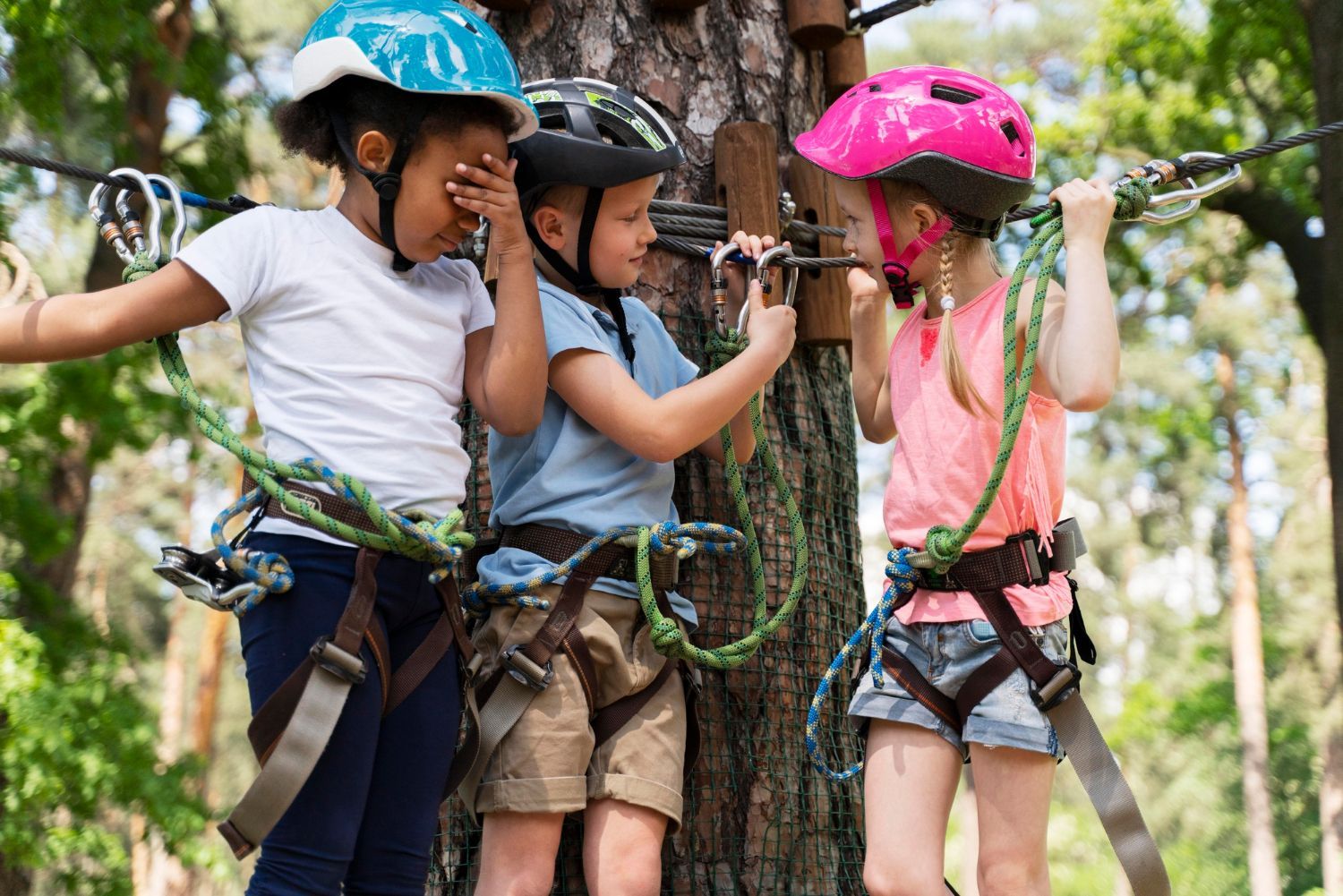732-946-1665
257 Highway 79, Morganville, New Jersey
Tailoring Montessori Techniques for Elementary Students in Marlboro
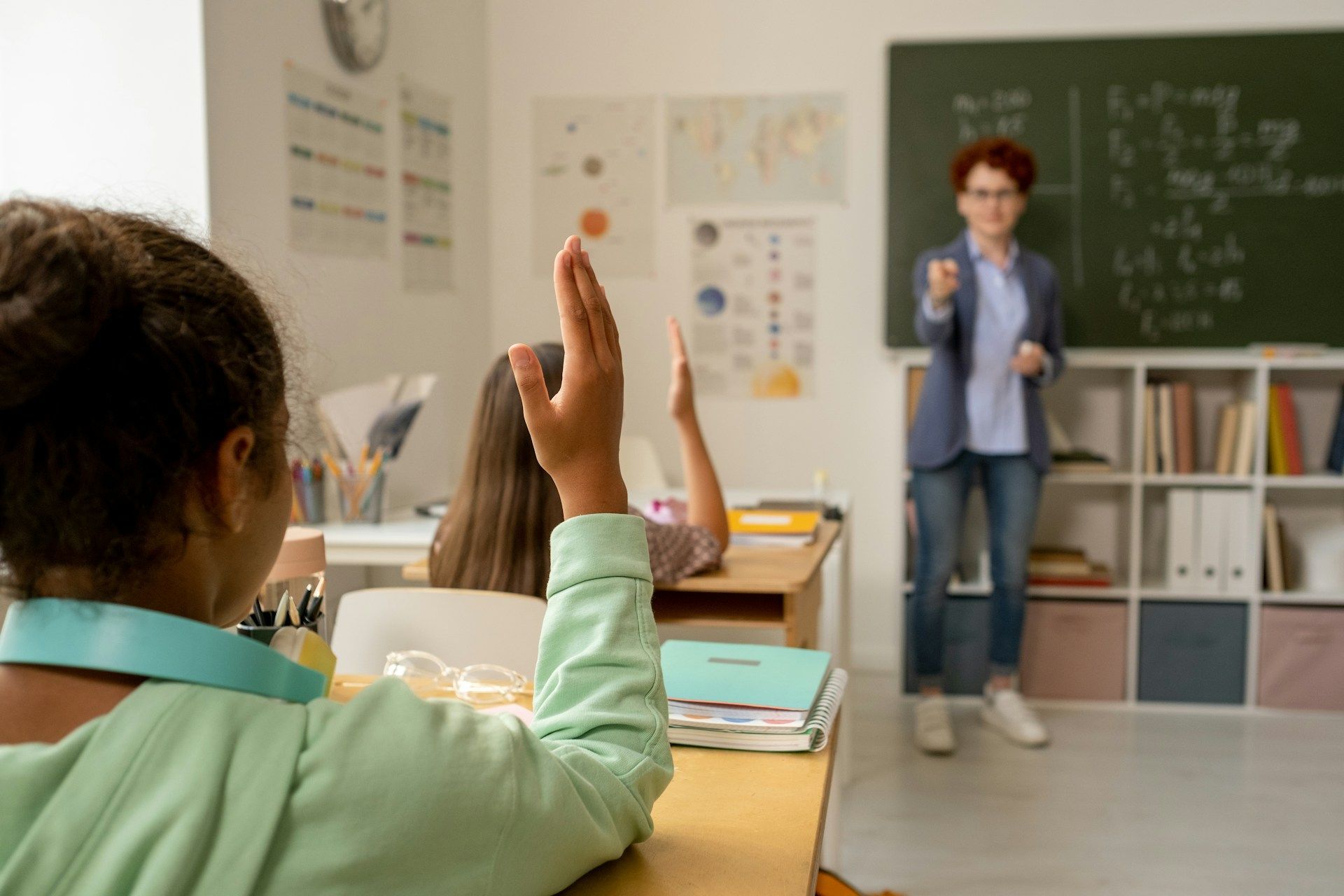
Elementary education lays the foundational stones of academic and personal development for children. As educators committed to the principle of fostering a holistic growth environment, we take a refined approach to elementary teaching by incorporating Montessori methods known for their effectiveness in nurturing independent and thoughtful learners. This educational strategy not only supports the acquisition of academic skills but also significantly enhances social and emotional competencies, which are crucial at this developmental stage.
At our institution, adapting Montessori methods to suit the dynamic needs of elementary-aged children involves a specific focus on autonomy, hands-on learning, and collaborative educational experiences. By tailoring these principles to suit older students, we ensure that education is not only retained but deeply internalized, fostering a love for learning that transcends the classroom. Our approach allows every child to flourish, providing them with the tools they need to explore and understand the world in a manner that respects their individual learning pace and style.
Through these adapted Montessori strategies, we create an environment where elementary students are not just learners, but young adventurers on a quest for knowledge, with the confidence and skills to navigate their educational journeys successfully.
Adapting Montessori Methods for Elementary Learning
In our approach to elementary education, we take great care to adapt Montessori methods to meet the evolving needs of older children. Central to this approach is fostering a learning environment that not only supports academic excellence but also promotes the development of key soft skills such as self-discipline, leadership, and independent problem-solving. We focus on creating classroom settings that resemble real-world environments, giving children tasks that enhance their ability to function autonomously and collaboratively.
The Montessori method’s emphasis on self-directed learning is particularly effective for elementary students, as it taps into their burgeoning abilities to manage their time and learning objectives. We encourage students to set their own goals and provide them with the tools and guidance necessary to achieve them. This independence not only builds academic skills but also instills confidence and a sense of responsibility, traits that are invaluable as children grow and face more complex academic and life challenges.
Key Montessori Materials for Enhancing Elementary Education
Our classrooms are equipped with a range of Montessori materials specifically chosen to aid the development of elementary students. Among these essential tools are:
1. Advanced Practical Life Tools: These include more complex sets of equipment for cooking, woodworking, and sewing, which allow students to develop fine motor skills, follow detailed instructions, and see concrete outcomes from their efforts.
2. Sensorial Materials: As students grow, the complexity of sensorial materials advances. These include geometric cabinets and solids, advanced bead chains, and fraction materials that aid in refining their senses and abstract thinking capabilities.
3. Mathematical Materials: To solidify and advance their mathematical understanding, we use materials such as bead frames for advanced arithmetic, the decimal system materials, and Montessori squares and cubes. These tools make abstract mathematical concepts tangible and understandable through hands-on practice.
4. Language Materials: We introduce more complex phonetic tools, grammar symbols, and sentence structures to enhance reading, writing, and comprehension skills. These tools are critical in expanding vocabulary and building strong communication skills.
Each of these materials is designed to not just teach academic content but to spark curiosity, encourage discovery, and enable understanding through independent learning and exploration. The use of such diverse tools prepares our students for a wide array of intellectual and practical challenges, paving the way for lifelong learning and adaptability.
Collaborative Learning: Montessori Group Activities for Older Children
Embracing collaborative learning, we carefully design Montessori group activities that encourage older children to work together, enhancing social skills while deepening their understanding of academic concepts. Group activities in our classrooms often involve peer-led discussions, community problem-solving initiatives, and team projects that require collective research and presentation. These activities are crafted to reflect real-life situations, teaching children how to engage respectfully and productively with others.
For example, in a geography lesson, students might divide tasks to create a detailed map including physical, political, and cultural elements. Through such projects, children learn to negotiate roles, manage their time, and contribute effectively to a group goal. This collaborative process not only reinforces the curriculum but also fosters a sense of community and mutual respect among students, qualities crucial for success both in and out of the classroom.
Evaluating the Impact of Montessori Techniques on Elementary Students
To ensure that our Montessori methods are effectively supporting the growth and development of our students, we place a strong emphasis on continuous evaluation. This evaluation is multifaceted, involving teacher assessments, student self-reflections, and feedback from parents. We track academic progress as well as improvements in soft skills like independence, critical thinking, and collaboration. These evaluations help us adjust our approaches and materials to better suit the evolving needs of our students.
Furthermore, we engage in regular professional development sessions to refine our teaching strategies. By staying informed about the latest educational research and exchanging best practices, our educators enhance their ability to implement effective Montessori techniques. This commitment to assessment and improvement ensures that our tutoring methods remain dynamic and responsive, providing the highest level of education possible.
Conclusion: Building Lifelong Learners with Montessori Methods
At Marlboro Montessori Academy, we are committed to leveraging the Montessori method to its fullest potential, ensuring it adaptably serves the diverse needs of our elementary students. By integrating tailored materials, fostering collaborative learning environments, and continuously evaluating our educational strategies, we equip our students not just with academic knowledge but with the skills necessary to thrive in all areas of life.
As we continue to inspire and guide our students through these formative years, we invite you to learn more about how our dedicated approach can benefit your child. Contact Marlboro Montessori Academy today to discover more about our
Montessori elementary education programs and how we can help your child excel in a nurturing and stimulating educational setting.
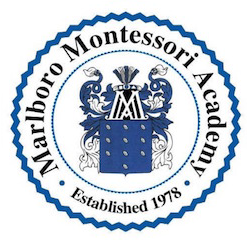
Navigation
Contact Info
Phone Number: 732-946-8887
CAMP: 732-946-2267
Fax Number: 732-946-1665
GPS Address
257 Highway 79
Morganville, NJ 07751
Mailing Address
P.O. Box 272
Wickatunk, NJ 07765
All Rights Reserved
All Rights Reserved | Marlboro Montessori Academy
Marlboro Montessori Academy
Website designed by: NJ Local Marketing
